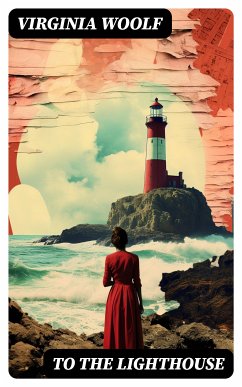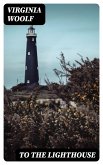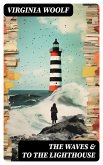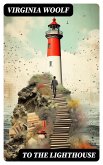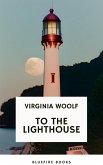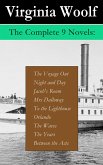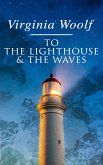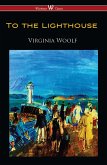Virginia Woolf's "To the Lighthouse" is a seminal work of modernist literature, distinguished by its innovative narrative techniques and profound exploration of time, memory, and the complexities of human relationships. Set against the backdrop of an artistically rendered Scottish coastline, Woolf employs stream-of-consciousness to delve deep into the inner lives of its characters, most notably Mrs. Ramsay and her husband, reflecting broader questions about gender roles, creative ambition, and the nature of reality. The novel's divided structure, capturing a span of a decade through its three parts, ingeniously contrasts the fleeting nature of life with the enduring power of art, culminating in a poignant meditation on absence and presence. Woolf, a central figure in the modernist movement, was influenced by her own experiences as a woman in a patriarchal society, as well as her interactions within the Bloomsbury Group, which emphasized artistic freedom and intellectual exploration. Her astute observations of social dynamics, coupled with her struggle against the constraints placed upon women, informed the creation of this introspective narrative, reflecting her belief in the transformative potential of literature to illuminate the human experience. I highly recommend "To the Lighthouse" for anyone seeking a profound literary experience that challenges conventional storytelling. Woolf's exploration of time and consciousness invites readers to reflect on their own lives, while her lyrical prose serves as a testament to the artistry of the written word. This novel is not just a story; it is an invitation to engage with the subtleties of existence and to appreciate the beauty that permeates the ordinary.
Dieser Download kann aus rechtlichen Gründen nur mit Rechnungsadresse in A, B, BG, CY, CZ, D, DK, EW, FIN, F, GR, H, IRL, I, LT, L, LR, M, NL, PL, P, R, S, SLO, SK ausgeliefert werden.

